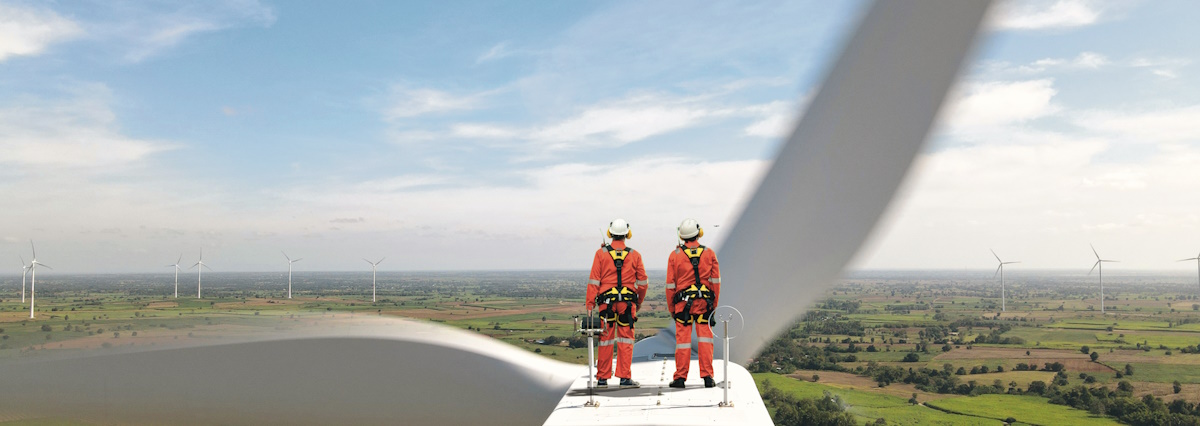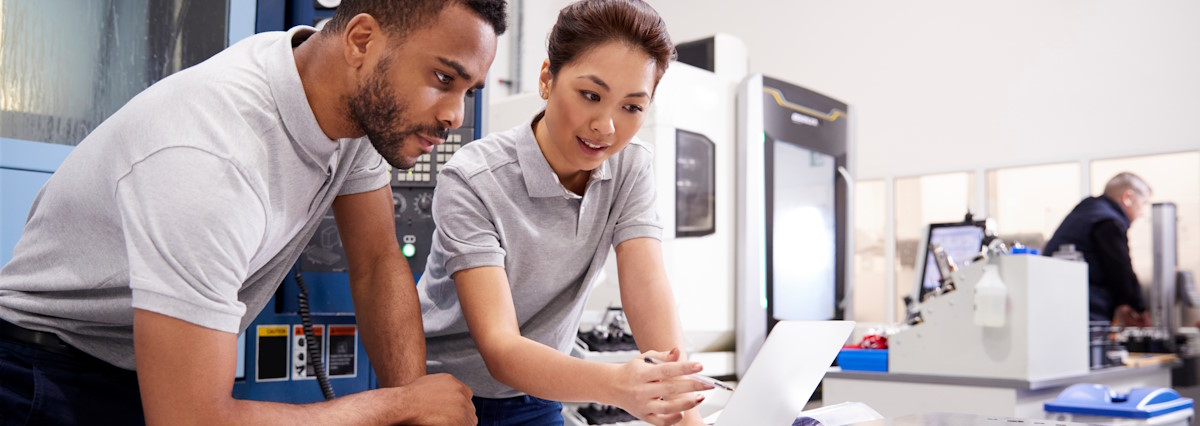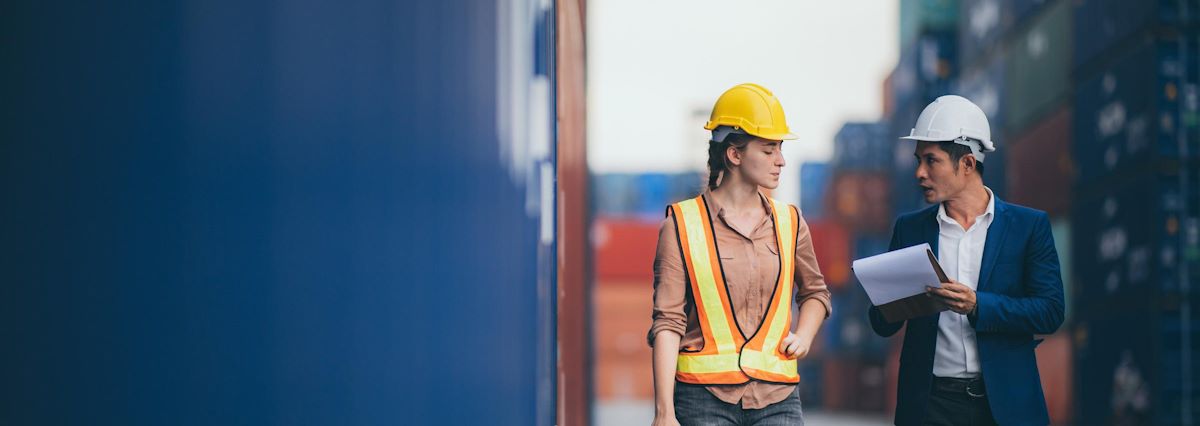How climate disruption affects business strategy
Flooding, drought and other extreme weather events are increasingly disrupting global trade. For example, in 2023, tropical cyclones caused 117 days of port downtime globally. And the World Economic Forum estimates that by 2035, climate-driven fixed asset losses will result in an around 7% drop in earnings for the average company. Even for industries that don’t appear directly exposed to extreme weather events – such as high tech or life sciences – supply chain disruptions, rising operational costs and climate-related risks to infrastructure and logistics will cause increasing financial strain.
Notably, transition risks – the challenges businesses face as industries move toward low-carbon models following stricter climate policies – are reshaping entire sectors. In the automotive industry, for example, the growing demand for electric vehicles (EVs) is a direct result of mounting regulatory and market pressures to decarbonize. As demand for EVs grows, traditional supply chains centered on fossil fuel-powered vehicles are being completely reimagined. The Asia-Pacific EV market alone is projected to reach $407 billion in revenue in 2025, creating massive knock-on effects on everything from battery manufacturing to charging-infrastructure development.
In response to these developments, businesses are redefining their strategies. Many are moving production closer to the final market where goods will be delivered – a tactic known as nearshoring – to reduce their carbon emissions and exposure to climate-related risk.
Understanding these complex dynamics requires more than traditional market analysis. It demands fresh perspectives and innovative methods that can anticipate emerging challenges instead of just reacting to them. This is why academic partnerships have become crucial for forward-thinking organizations.
Forging a link between academia and industry
In 2017, the Allianz Climate Risk Award (ACRA) was launched as a first-of-its kind initiative. ACRA invites passionate PhD candidates and postdoctoral researchers to showcase their findings on how extreme weather events intensified by climate change create risks – and to uncover innovative, technology-powered solutions.
This year marks the first time Allianz Trade is joining forces with an exciting new ACRA category focusing specifically on the relationship between climate change and global trade. Applicants are invited to submit research covering anything from biodiversity loss to carbon-driven changes in global trade routes, and submissions are welcome until August 31, 2025.
Transforming insight into action
Joining ACRA was a natural extension of Allianz Trade’s broader sustainability strategy and our updated sustainability roadmap . It’s also been a valuable opportunity to learn from fresh perspectives, expanding our own market research and enriching our understanding of the climate crisis.
In this first year, as Allianz Trade, we are curious and excited to read through research projects that may inform us how climate related weather events are foreseen in academia in relation to global trade.
ACRA has played a key role in giving recognition to bright minds in academia. Several past participants have gone on to work within Allianz Group, strengthening our research capabilities and deepening our connection to sustainability communities. We’re already seeing the influence of their work, within Allianz´s underwriting strategies, resilience &adaptation solutions, informing broader economic research and inspiring discussions on policy development.
An investment in understanding for the road ahead
Our involvement in the Allianz Climate Risk Award will strengthen our expertise of emerging climate risks, enabling us to go the extra mile to support businesses across the globe in the face of today’s climate realities. By integrating the perspectives of young voices in academia to the on-the-ground expertise of our teams with rigorous market and economic research, we will be in an even better position to help businesses across the globe grow with confidence.
Learn more about the ACRAs and how to submit your research
















